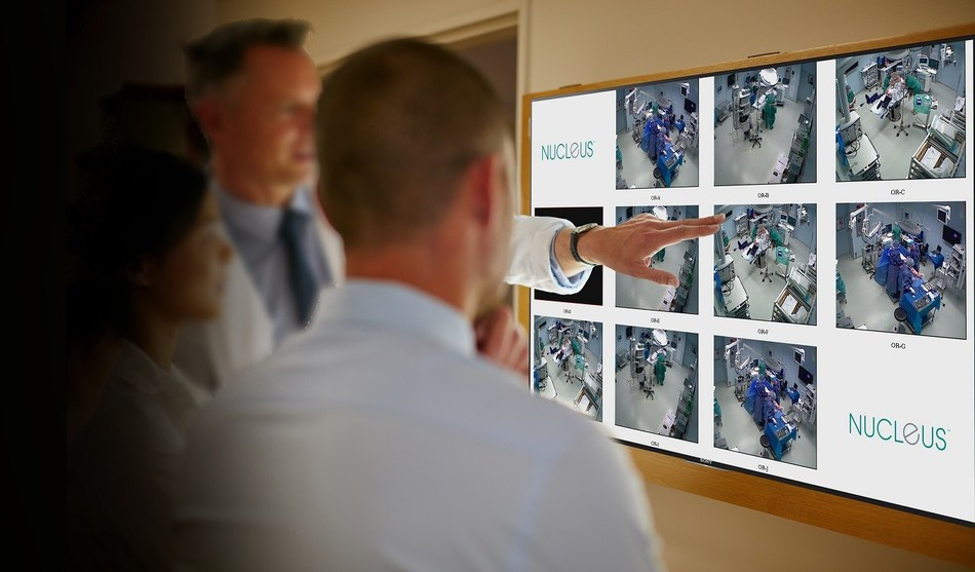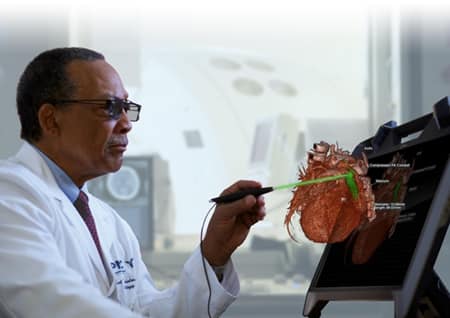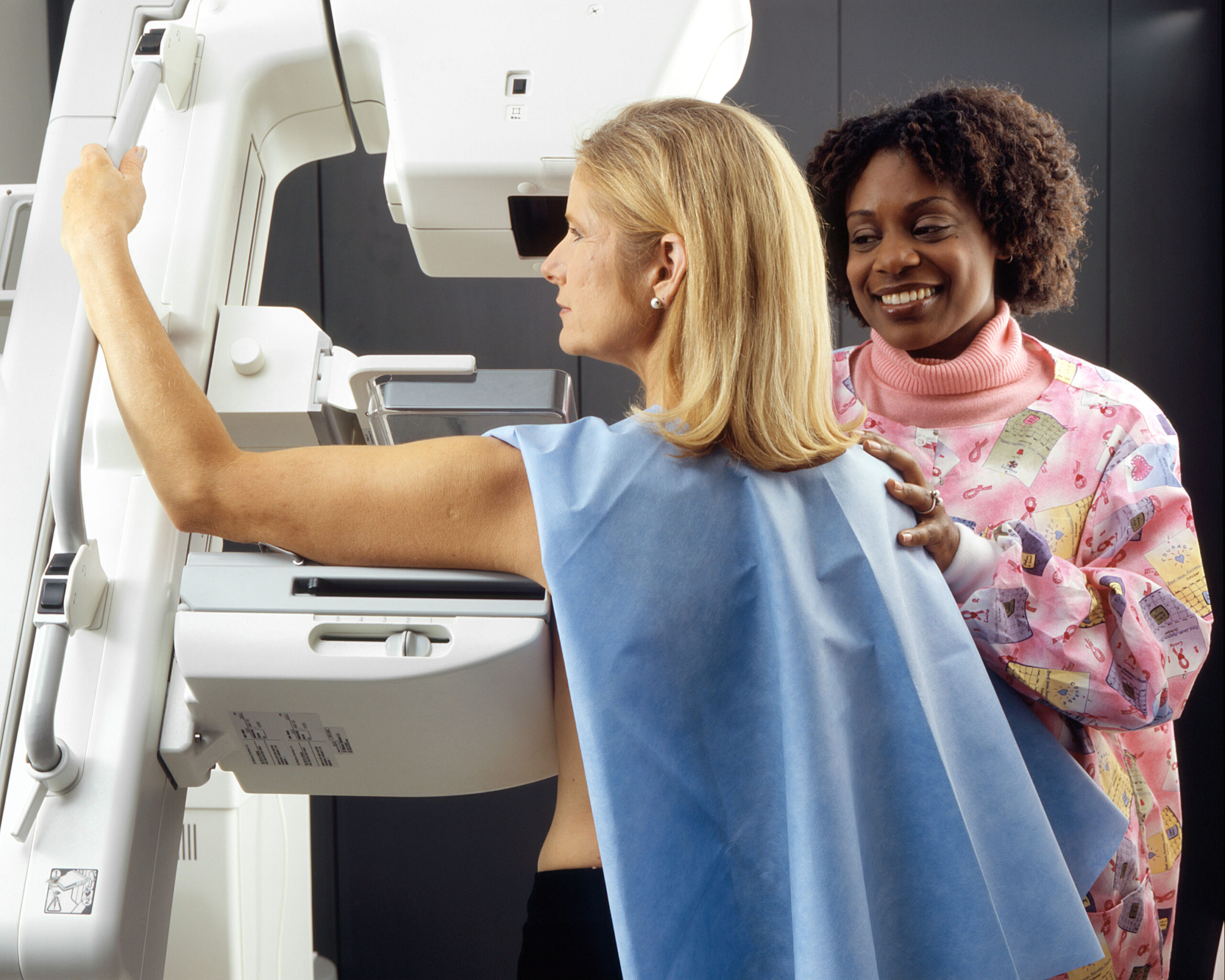Around 20 percent of individuals treated for breast cancer are later diagnosed with lymphedema. This is a side effect that makes arms swell with lymph fluid. Now, a company called LymphaTech that emerged from the Georgia Institute of Technology, has developed a technology that detects early arm swelling associated with lymphedema in breast cancer patients.
LymphaTech is a healthcare technology company focused on innovative 3D measurement solutions to enable optimal clinical care and well-being for patients and provider. The technology created is an app-based software, made available as a proactive treatment. The detection technology is intended to improve not only patients’ physical health but also their peace of mind and finances.
“The most immediate awful consequence of lymphedema is seen in mental health. Severe depression is very high,” said Brandon Dixon, who co-led the study and is an associate professor in Georgia Tech’s George W. Woodruff School of Mechanical Engineering. “If you detect it early, managing it could cost as little as $2,500 in a patient’s lifetime. If you catch it too late, the costs can rise as high as $200,000.”
According to the Canadian Cancer Society, lymphedema is swelling that occurs when the lymph cannot flow normally, and this causes a build-up in the soft tissues of a limb. This happens in parts of the body where lymph nodes have been removed or damaged by cancer treatment.
LymphaTech, is not a new discovery, perometers are used for the same purpose. This is a German device that detects arm swelling caused by lymphedema. However, LymphaTech is less bulky and costly, in comparison. The system runs on an iPhone or iPad and only requires a $400 camera attachment and a paid smartphone application.
Lymphedema is assessed by comparing the unaffected arm with the affected one. The camera calculates the total arm volume. LymphaTech eliminates human errors by using technology rather that a tape measure to calculate the arm volume.
Dixon said the real challenge is convincing the medical market that there are solutions to this issue, and it should be something that is paid attention to. There is no cure at the moment, but early detention can help reduce swelling and control the pain.
“Lymphedema is under-researched, so we don’t know directly how it may lead to deadly health conditions, but there are more cases than AIDS, Parkinson’s disease, and Alzheimer’s disease combined, and it diminishes patients’ health,” Dixon said.












Join or login to leave a comment
JOIN LOGIN